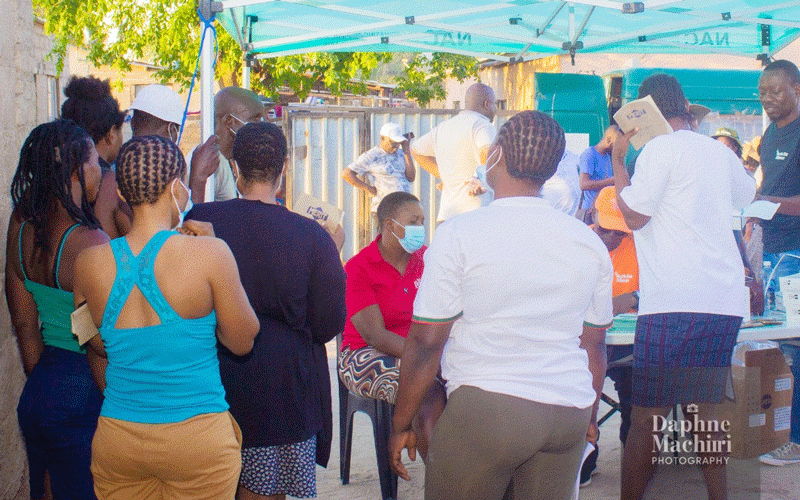
The Zimbabwe Prisons and Correctional Service (ZPCS) in Matabeleland South province says stigma is one of the major challenges in ensuring ex-inmates are fully accepted back into society.
ZPCS officials said this last Friday during commemorations to mark the Africa Prisons and Correctional Service Day held at Phelandaba Stadium in Gwanda under the theme Evidence-based rehabilitation for sustainable reintegration.
The commemorations brought together correctional stations from across the province, including Plumtree, Kezi, Esigodini, Filabusi, Beitbridge, and Gwanda.
Officer commanding ZPCS Matabeleland South, commissioner Cleopas Mzila Moyo, said rehabilitation was bearing fruit, citing success stories of ex-inmates who have started viable enterprises such as fencing and welding workshops.
However, he admitted that reintegration remains an uphill task.
“High recidivism rates, lack of starter packs, and community stigma continue to undermine rehabilitation gains,” Moyo said.
“Without coordinated support from families, communities, and stakeholders, many ex-inmates struggle to rebuild their lives.”
Moyo called for collective responsibility, urging society to embrace returning citizens:
- NPRC sends SOS for drug abusers
- Chamisa ‘denied’ access to Sikhala . . .As Govt allows Mwonzora to visit Chikurubi prison
- Zim prisons death traps: US
- Rights lawyers challenge rapist’s release
Keep Reading
“Rehabilitation cannot end at the prison gate,” he said.
“Ex-inmates need acceptance, resources, and an enabling environment to thrive.
“That way, they become contributors, not burdens, to society.”
He said stigma and discrimination remained the biggest obstacles to reintegration, with communities shunning ex-inmates, pushing some back into crime.
“The real test of rehabilitation lies outside prison,” he said.
“Until society embraces ex-inmates as neighbours, co-workers, and entrepreneurs, the cycle of recidivism will continue.”
Matabeleland South Provincial Affairs minister , Albert Nguluvhe, hailed the progress made under the new Prisons and Correctional Service Act, which promotes parole, community-based corrections, and human dignity.
Nguluvhe highlighted correctional industries in agriculture, construction, and manufacturing as key pathways to equip inmates with skills while contributing to the economy.
Entertainment by inmates’ choirs, poets, and traditional dancers gave residents a glimpse of talent nurtured behind prison walls, while a social soccer match between Gwanda Prison inmates and Municipality of Gwanda Legends sealed the day.
The Legends won 3-1 and later donated two soccer balls to support inmates’ sporting initiatives.
The event, attended by senior government officials, the Joint Operations Command (Joc), and Gwanda mayor Thulani Moyo, saw ZPCS officials pledging to shift correctional services from punishment to transformation.









